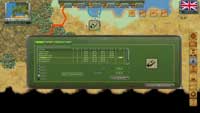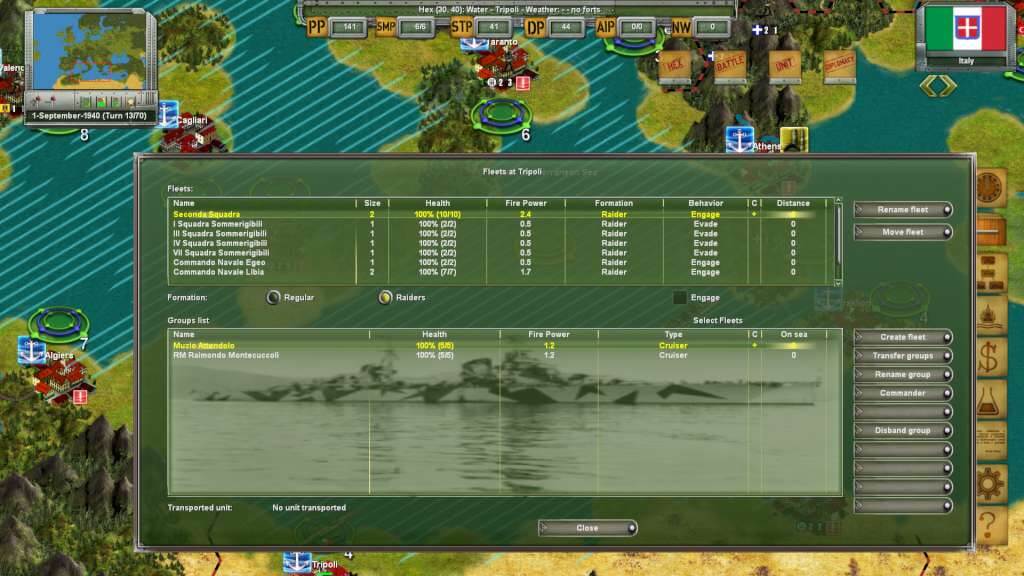

The ussr emerged from the War as the second world power, with control over Eastern Europe. The second type of warfare was the ussr’s self-defence against the German invasion, protecting the gains of 1917 from Nazi counter-revolution, rebuilding the Red Army and then-while the Western Allies were pinned down by surprisingly tough German defences in northern Italy and the Rhineland–Ardennes-sweeping west in 1944–45, as the Wehrmacht retreated and Nazi-collaborationist regimes crumbled in Bucharest, Sophia, Vilnius, Tallinn, Warsaw, Budapest and Vienna.

This inter-imperialist war was won decisively by the us, which crushed Germany and Japan and weakened Britain and France, to emerge as the world’s new hegemonic power. The two theatres interlocked as the us came into the War and the uk, its debtor, having survived the Battle of Britain, shifted its forces to the Middle East to defend its oil fields in Iraq and Iran and the sprawling empire that stretched from Egypt and East Africa through India, Burma, Malaya and Singapore to Hong Kong and the Pacific. Initially this inter-imperialist war was fought in two separate theatres, Northern Europe-first Poland, then Belgium, Holland, France, Denmark and Norway falling to the Wehrmacht in 1940 Barbarossa launched the following summer-and the Pacific, where fdr’s embargo of oil supplies and intransigence in negotiations determined Tokyo in 1941 to add Malaysia, Singapore and Indonesia to its conquests in China and French Indochina, and attempt to knock out the us fleet in Hawaii. For this, the challenger powers had both to assert control over a key region-for Japan, China and Southeast Asia for Germany, the western Soviet Union and Caucasus (‘our India’)-and inflict a crippling blow on any imperialist powers who tried to block them: in Japan’s case, the us, which had no intention of permitting a contender in the Pacific in Germany’s, France and Britain, who had no wish to see Europe dominated by Berlin. footnote 1 First, war between the top imperialist powers-Germany, Japan, the us, Britain-competing for the position of world hegemon. A classic analysis of the Second World War defines it as the outcome of five different types of conflict.


 0 kommentar(er)
0 kommentar(er)
